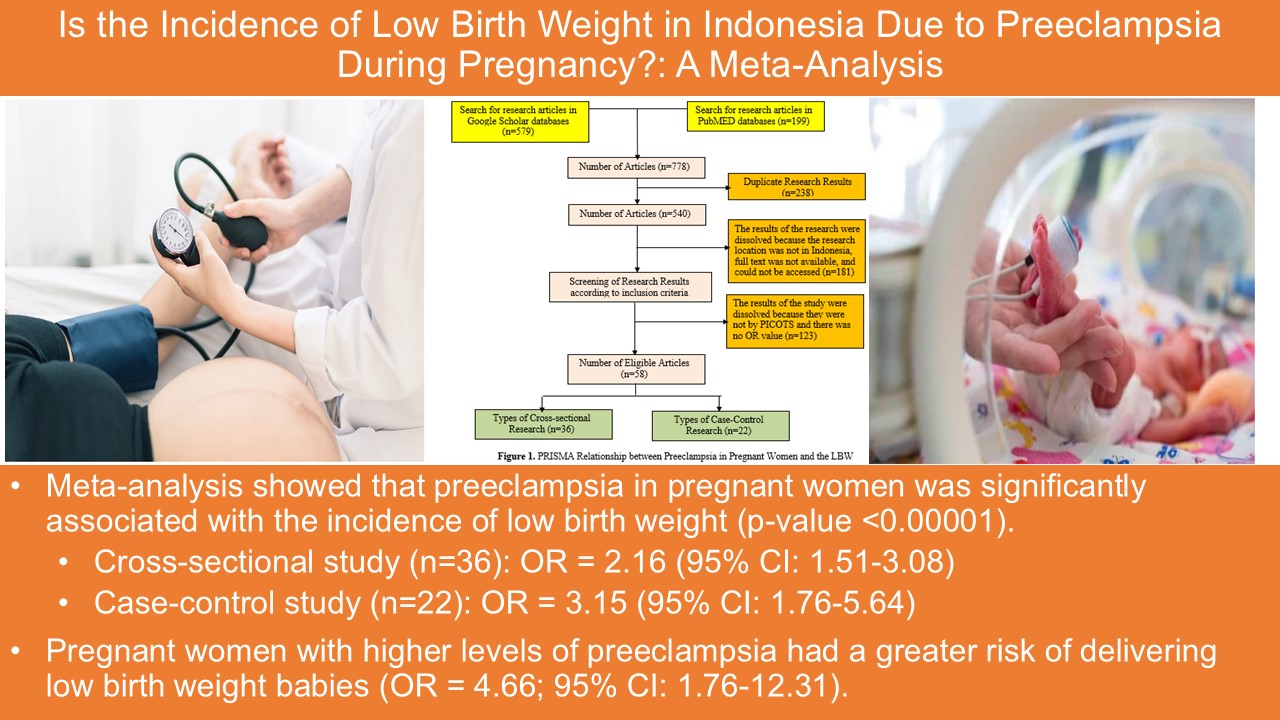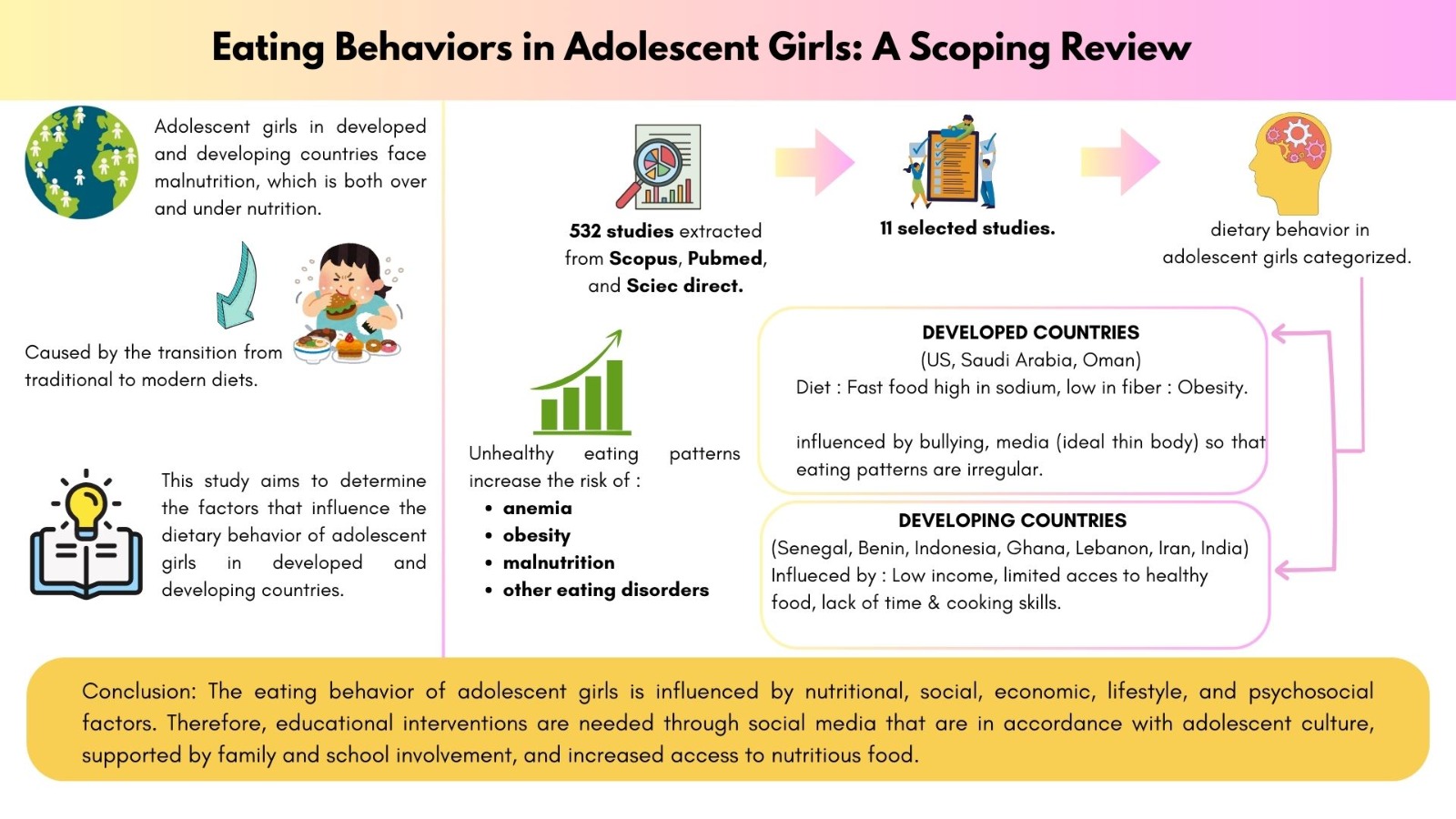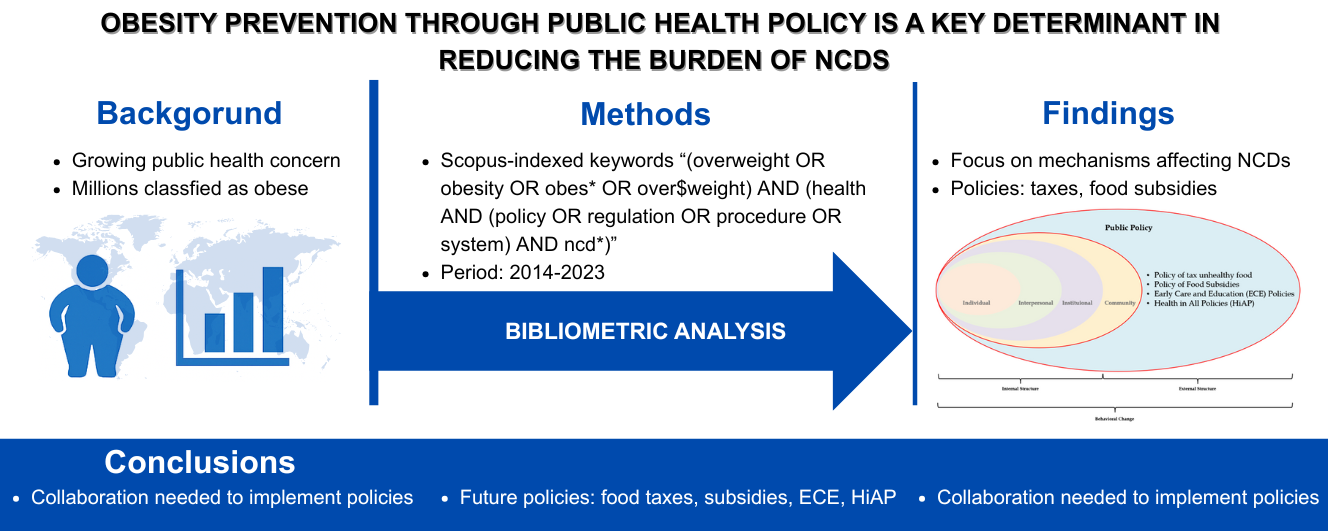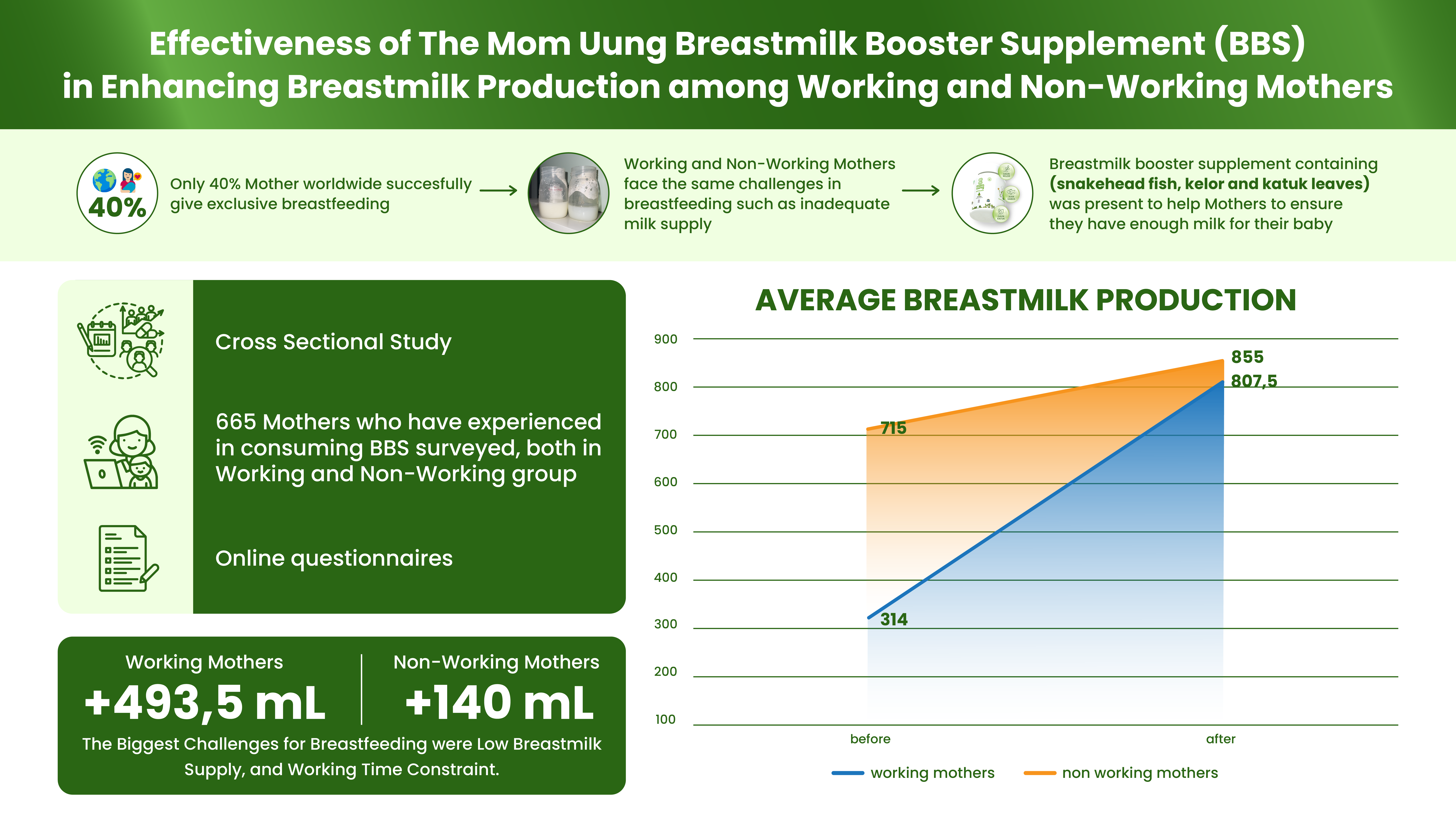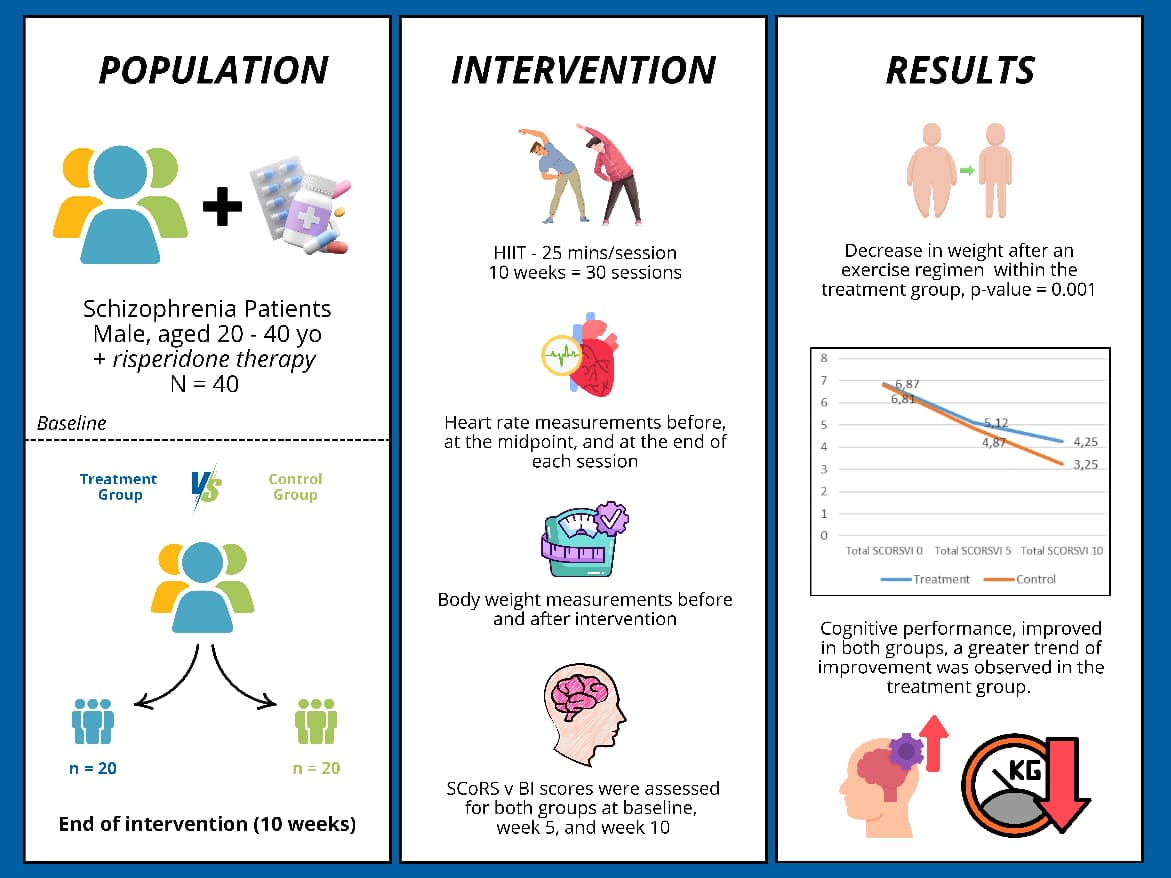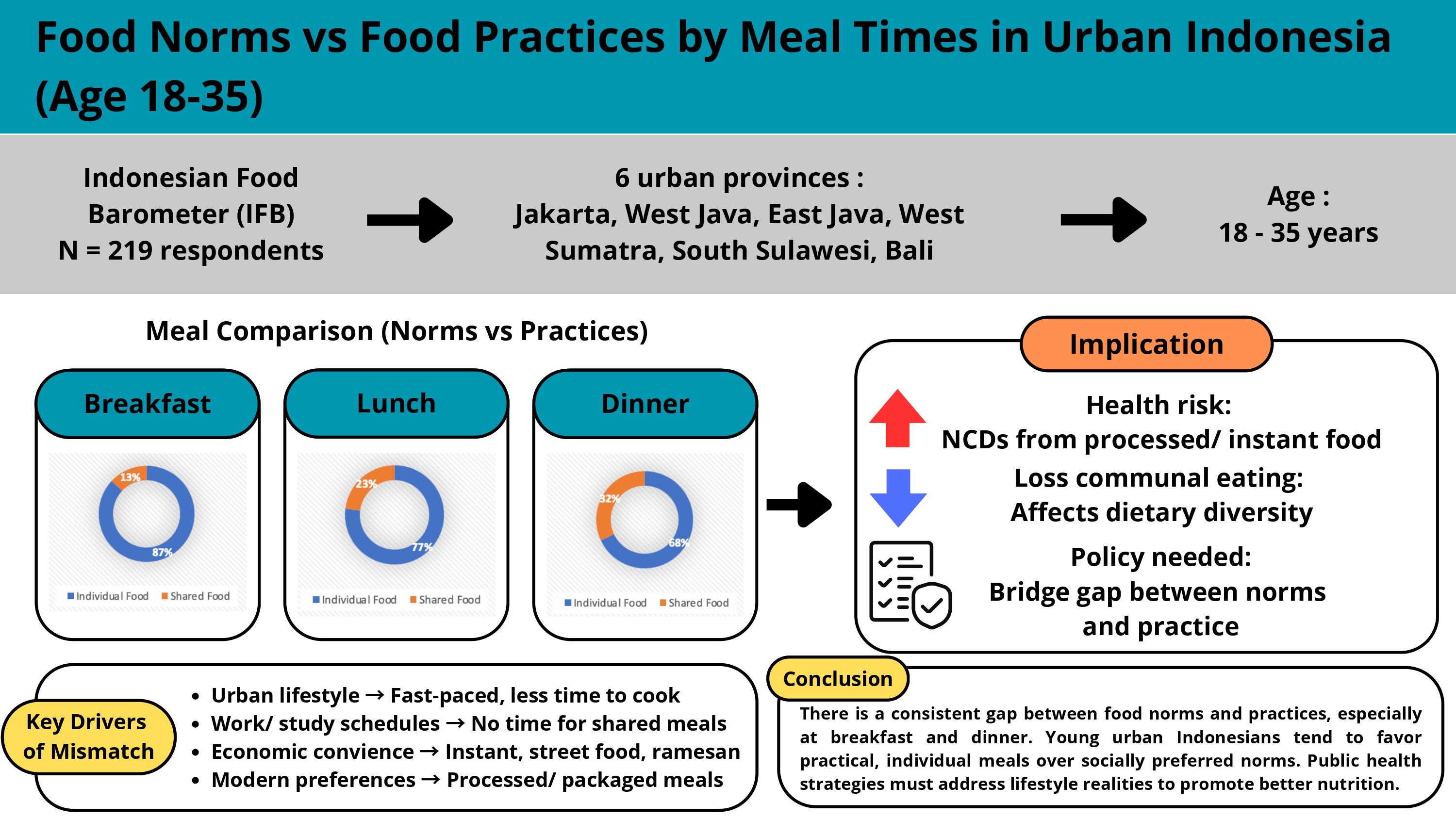Exclusive Breastfeeding and Infant Psychomotor Development
Downloads
Exclusive breastfeeding is known as giving an infant breastmilk for the first six months. Breastmilk is provided to the infant as the only food source, and they will acquire additional food after 6 months of age. Mothers in Indonesia frequently experience an issue related to exclusive breastfeeding. Some of the mothers' perceptions believe that their breastmilk is insufficient, meaning that the mother merely possesses a limited amount of milk. This study seeks to determine the relationship between exclusive breastfeeding and psychomotor development in infants aged 6-9 months in the working area of Buntuila Community Health Center. This study applied a quantitative approach, while data analysis used statistics. It employs analytical observational research,with cross-sectional design. Samples were collected simultaneously. Based on the study findings, infants who were exclusively breastfed experienced normal development were 17 samples (70.8%), questionable development were 7 samples (29.2%), and deviant development by 0 samples (0.0%). While infants who were not exclusively breastfed experienced normal development were 11 samples (35.5%), questionable development were 13 samples (41.9%), and deviant development were 7 samples (22.6). It is undeniable that exclusive breastfeeding has a significant role in infant's psychomotor development. Therefore, it is important to improve multi-stakeholder actions such as health promotion and campaigns on exclusive breastfeeding.
Abani, T.R.K., Paulus, A.Y. and Djogo, H.M.A. (2021) ‘Faktor-Faktor yang Berhubugan dengan Perilaku Pemberian ASI Eksklusif pada Bayi Usia 6-24 Bulan di Puskesmas Camplong Kabupaten Kupang', CHMK Midwifery Scientific Journal, 4(1), pp. 215–227. Available at: http://cyber-chmk.net/ojs/index.php/bidan/article/view/964 (Accessed: 15 December 2022).
Anggraini, A. (2017) ‘Hubungan antara Pemberian ASI Eksklusif dengan Perkembangan Motorik Bayi Usia 6-12 Bulan', Holistik Jurnal Kesehatan, 11(4), pp. 196–200. Available at: https://doi.org/10.33024/HJK.V11I4.101.
Arifiati, N. (2017) ‘Analisis Faktor yang Mempengaruhi Pemberian ASI Eksklusif pada Bayi di Kelurahan Warnasari Kecamatan Citangkil Kota Cilegon', Prosiding Seminar Nasional IKAKESMADA ‘Peran Tenaga Kesehatan dalam Pelaksanaan SDGs' [Preprint].
Badan Penelitian dan Pengembangan Kesehatan (2019) Laporan Nasional RISKESDAS 2018. Jakarta. Available at: http://labmandat.litbang.depkes.go.id/images/download/laporan/RKD/2018/Laporan_Nasional_RKD2018_FINAL.pdf (Accessed: 28 October 2019).
Darsini, D., Fahrurrozi, F. and Cahyono, E.A. (2019) ‘Pengetahuan; Artikel review', Jurnal Keperawatan, 12(1), pp. 95–107.
Hendra Al-Rahmad, A. et al. (2016) ‘Perkembangan Psikomotorik Bayi 6 – 9 Bulan berdasarkan Pemberian ASI Eksklusif', AcTion: Aceh Nutrition Journal, 1(2), pp. 99–104. Available at: https://doi.org/10.30867/ACTION.V1I2.18.
Maryunani, A. (2015) Inisiasi Menyusui Dini ASI Eksklusif dan Manajemen Laktasi. Edited by A. Maftuhin. Jakarta: CV. Trans Info Media. Available at: http://www.akbidkholisaturrahmibinjai.ac.id/data/1552975028.pdf (Accessed: 15 December 2022).
Murni, T. (2019) Hubungan Persepsi Ketidakcukupan ASI dan Keyakinan Menyusui dengan Keputusan Pemberian ASI pada Ibu Bekerja di Wilayah Kerja Puskesmas Arjowinangun Kota Malang. Universitas Brawijaya.
Napitupulu, D.M. (2018) Hubungan Status Gizi dengan Perkembangan Motorik Kasar Anak Balita 3-5 Tahun di Puskesmas Kelurahan Harjosari 1 Kecamatan Medan Amplas Tahun 2018. Politeknik Kesehatan Kemenkes Medan. Available at: http://repo.poltekkes-medan.ac.id/xmlui/bitstream/handle/123456789/812/SKRIPSI.pdf?sequence=1&isAllowed=y (Accessed: 15 December 2022).
Paramashanti, B.A. (2019) Gizi bagi ibu dan anak : untuk mahasiswa kesehatan dan kalangan umum . Edited by D. Rachmawati. Yogyakarta: Pustaka Baru Press. Available at: https://opac.perpusnas.go.id/DetailOpac.aspx?id=1239743 (Accessed: 15 December 2022).
Prabasiwi, A., Fikawati, S. and Syafiq, A. (2015) ‘ASI Eksklusif dan Persepsi Ketidakcukupan ASI', Jurnal Kesehatan Masyarakat Nasional, 9(3), pp. 282–287.
Purvitasari, R.K. and Purbasari, A.A.D. (2019) ‘Faktor-Faktor yang Berhubungan dengan Pemberian ASI Eksklusif pada Ibu Bayi 6-24 Bulan di RW 05 Pabuaran Mekar Bogor Tahun 2019', Jurnal Kesehatan Masyarakat, 7(1), pp. 115–128.
Rahayu, S. et al. (2019) ‘Hubungan pengetahuan, sikap, perilaku dan karakteristik ibu tentang ASI eksklusif terhadap status gizi bayi', AcTion: Aceh Nutrition Journal, 4(1), p. 28. Available at: https://doi.org/10.30867/action.v4i1.149.
Sihombing, S. (2018) ‘Hubungan Pekerjaan dan Pendidikan Ibu dengan Pemberian Asi Ekslusif di Wilayah Kerja Puskesmas Hinai Kiri Tahun 2017', Jurnal Bidan, 5(1), pp. 40–80. Available at: https://www.neliti.com/publications/234018/ (Accessed: 15 December 2022).
Soesilowindradini, S. (2017) Psikologi perkembangan (masa remaja). Surabaya: Surabaya Usaha Nasional.
Sujarwadi, W. et al. (2019) ‘Pemberian ASI Eksklusif dengan Perkembangan Bayi Usia 6 – 9 Bulan di Kabupaten Labuhanbatu', Berita Kedokteran Masyarakat, 35(6), pp. 211–215. Available at: https://doi.org/10.22146/bkm.43556.
Sutiono, A. (2019) Hubungan Pemberian ASI EKsklusif dengan Motorik Kasar Bayi 0-2 Tahun di Posyandu Wijayakusuma Dusun Gambyak Keraskulon Kecamatan Gerih Kabupaten Ngawi. STIKES Bhakti Husada Mulia Madiun. Available at: http://repository.stikes-bhm.ac.id/636/1/1.pdf (Accessed: 15 December 2022).
Triyani, S., Meilan, N. and Purbowati, N. (2019) ‘Hubungan antara Lama Pemberian ASI Eksklusif dengan Perkembangan Anak Usia 12-36 Bulan', Jurnal Ilmu dan Teknologi Kesehatan, 1(2), pp. 113–119. Available at: https://ejurnal.poltekkesjakarta3.ac.id/index.php/jitek/article/view/137 (Accessed: 15 December 2022).
UNICEF (2018) CAPTURE THE MOMENT Early initiation of breastfeeding: The best start for every newborn. New York. Available at: https://data.unicef.org/topic/nutrition/infant-and-young-child-feeding/ (Accessed: 15 December 2022).

This work is licensed under a Creative Commons Attribution-NonCommercial-ShareAlike 4.0 International License.
- MEDIA GIZI INDONESIA Journal is the copyright owner of all materials published on this website.
- The formal legal provisions for access to digital articles of this electronic journal are subject to the terms of the Creative Commons Attribution-NonCommercial-ShareAlike license (CC BY-NC-SA 4.0), which means that MEDIA GIZI INDONESIA Journal and readers reserve the right to save, transmit media / format, manage in database, maintain, and publish articles as long as it continues to include the name of the Author.
- Printed and published print and electronic manuscripts are open access for educational, research and library purposes. In addition to these objectives, the editorial board shall not be liable for violations of copyright law.


2.png)















